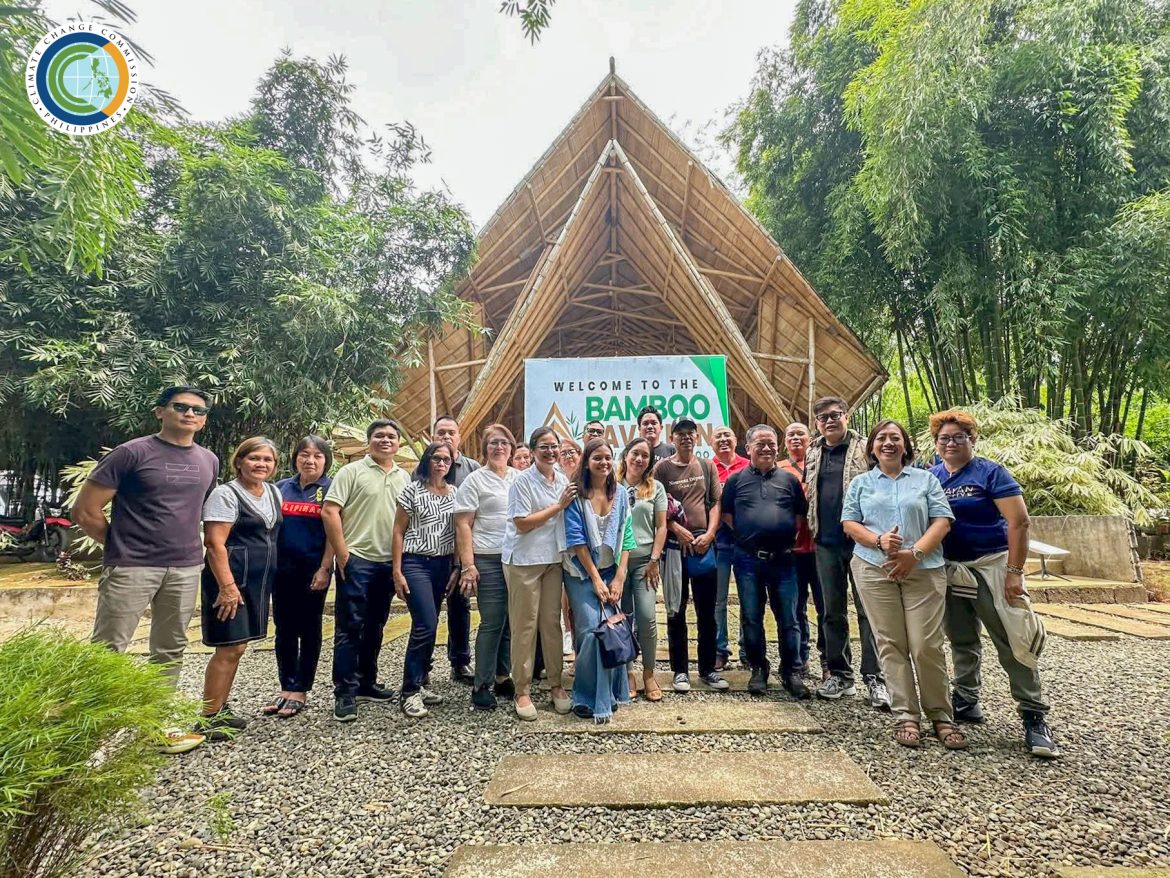BUKIDNON— The Climate Change Commission (CCC) is scaling up nature-based solutions (NbS) aligned with the National Adaptation Plan (NAP), emphasizing ecosystem-led approaches to build climate resilience in vulnerable areas like the Province of Bukidnon.
Nature-based solutions (NbS), defined as actions to protect, sustainably manage, and restore natural ecosystems to address societal challenges, are one of the thematic cross-sector adaptation strategies of the NAP. This approach prioritizes ecological interventions that deliver both biodiversity conservation and human well-being benefits.
The NAP specifically calls for mainstreaming of NbS in critical adaptation strategies. For land use and human settlements, it involves strategies to stabilize slopes and reduce flood risks. For livelihoods and industries, it promotes reinforcing infrastructure with climate-resilient designs.
During a recent field mission, Bukidnon stakeholders expressed strong support for NbS implementation. Local officials, cooperatives, and community leaders highlighted specific nature-based approaches aligned with regional needs, including bamboo cultivation – identified for its unique potential to deliver ecological and economic co-benefits.
“Traditional gray infrastructure like seawalls often shifts risks to vulnerable communities, unlike bamboo cultivation that uses natural systems to control erosion, sequester carbon 30% faster than hardwood forests, and create sustainable economies,” said CCC vice chair and executive director Robert E.A. Borje.
A People’s Survival Fund (PSF) technical briefing was also conducted to equip Bukidnon planners with tools to develop bankable NbS proposals, prioritizing projects with rigorous ecological safeguards.
“Effective NbS requires science-based risk assessments respecting ecosystem carrying capacity,” Borje emphasized. “It must integrate indigenous knowledge while delivering co-benefits from carbon sequestration to livelihood generation.”
Looking ahead, the CCC will support technical mapping of climate-vulnerable zones suitable for bamboo reforestation through academic partnerships, assist local governments in developing PSF-funded NbS proposals, and facilitate policy alignment with NAP priorities.
For more information on the CCC’s climate mainstreaming activities, visit www.climate.gov.ph and www.facebook.com/CCCPhl. ###

